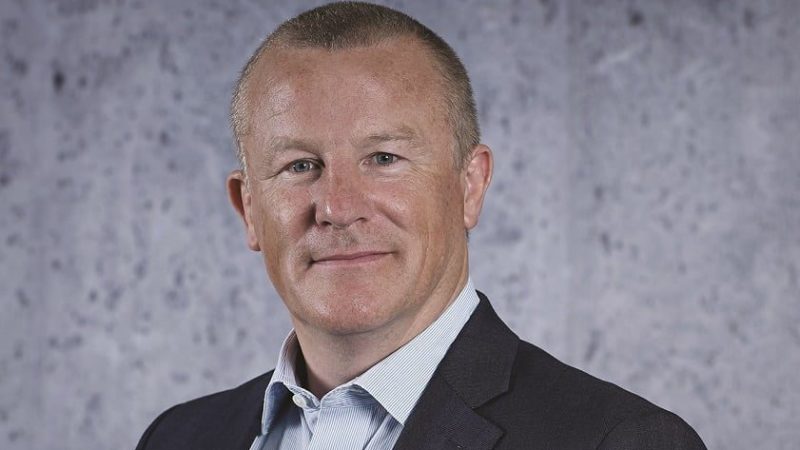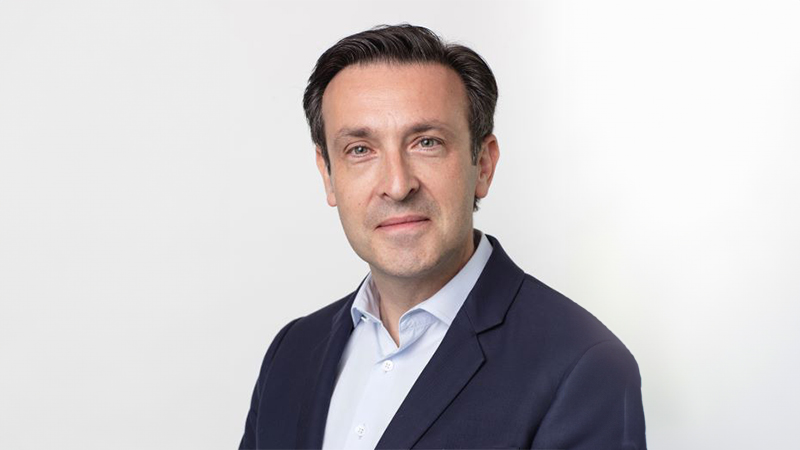In the current economic and political climate, he argues the case for active managers as better-equipped to protect and grow investors’ capital than their passive counterparts.
But, in a post-Brexit and post-Trump reality, he thinks that, like a “blunt tool,” trackers may be ill-suited to deal with the challenges of the new world order.
Coombs said: “There’s no doubt that active management has developed a serious image problem” of late and that “an obsession with charges has led to an ambush of the active management industry and an unnerving faith in passive investing.”
He said passives had enjoyed “ideal conditions since the financial crisis”, as broad political consensus and “easy money” have flooded into highly correlated markets.
“But the tables are turning towards active management again.”
He added: “The Brexit vote, Trump’s victory and more polarised party manifestos in the UK have closed a period of political harmony and created new challenges for markets. In addition, emerging demographic trends and disruptive technologies are rapidly blotting the landscape.”
On this last point, he thinks that passive investing has the potential to carry more risk than active funds, as investors have little control over the risk they are exposed to.
“Passives take on benchmark risk, and within that, investors are exposed to valuation risk and the risk of backing companies that may be obsolete in time, as victims of technological progress.”











